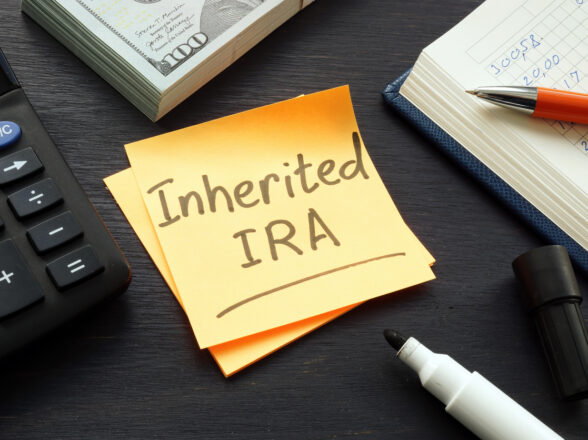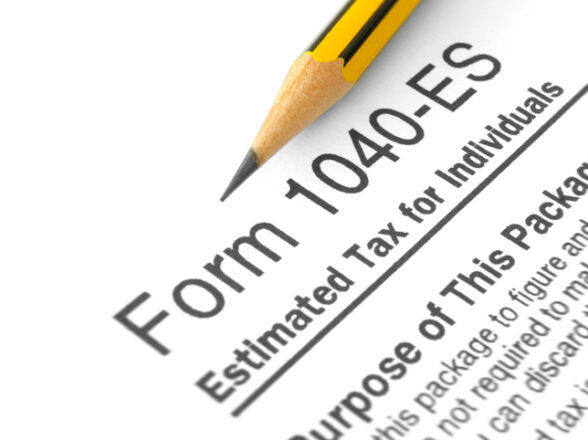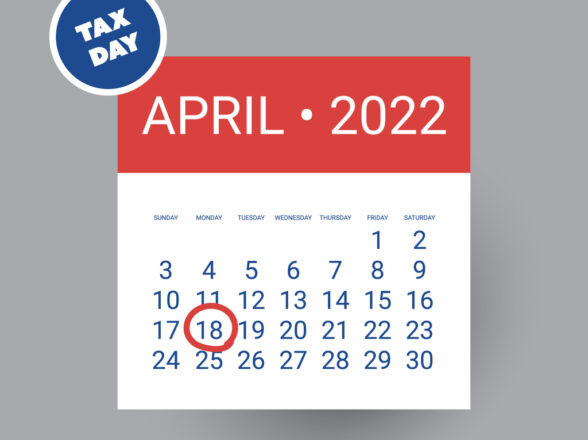Blog
Estate Planning: Taking the 1st Step

Often times when we first meet someone, the most pressing risk to their financial situation is not a bad portfolio. Rather, it’s the fact that they have no plan in place for either their disability or death. Look, not many people enjoy deep conversations about their eventual demise, but let’s face it, one of more of those aforementioned situations is going to happen. That’s not a matter of ‘If’ but ‘When?’
Part of our financial planning process involves understanding how much time and effort an investor has made towards getting the proverbial ducks-in-order regarding their Estate Plan. Here are a few thoughts on how to get the process started, and as we all know, taking action and overcoming inertia can be the biggest hurdle to setting up you financial affairs properly:
Everyone has an estate.
Someday, it will be someone’s job to account for the things you leave behind when you die. This goes for homeowners and renters, those who are retired and those who are working full-time, and everyone from every walk of life.
Everyone needs an estate plan.
Without your instructions, it could be decided in court. If you don’t leave behind an estate plan, your family could face major legal issues and, potentially, bitter disputes. Your estate plan may include wills and trusts, life insurance, disability insurance, guidance on the care for children and other dependents, powers of attorney, a living will, medical directives, anatomical donation directives, a pre-or post-nuptial agreement, extended care insurance, charitable gifts, debts, passwords, digital assets, and more.
Why not just a will?
While your will may state who your beneficiaries are, they may still have to seek a court order to have assets transferred from your name to theirs. Estate planning can include items like properly prepared and funded trusts, which could help your heirs to avoid probate. Probate can be an expensive process and lock up assets during the time they’re needed most.
Beneficiary designations on qualified retirement plans and life insurance policies usually override bequests made in wills or trusts. Many people never review the beneficiary designations on their retirement plan accounts and insurance policies, and the estate planning consequences of this inattention can be serious. Having an estate plan means keeping the estate plan updated, as time passes or changes happen in your family.
Where do you begin?
We recommend starting with a comprehensive financial plan to fully understand your situation. From the financial plan comes the estate plan, or at least the framework for it. Although Infinium cannot draft legal documents for you, we work in concert with estate planning attorneys to ensure the entire plan makes sense. Don’t have an estate planning attorney? No problem! We have relationships in cities across the country and are happy to make an introduction and work as a team on your behalf. We optimize the outcomes in many parts of our clients’ lives, and this one – estate planning – is probably one of the most important parts of our efforts.
























































































